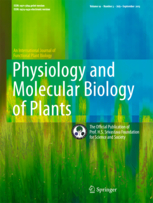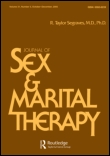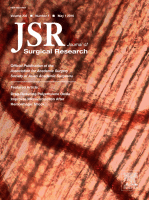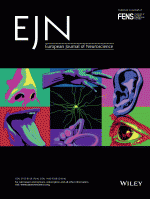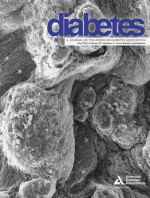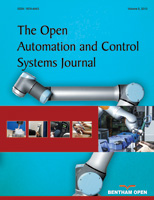 The Open Automation and Control Systems Journal has published five items this calendar year — and all of those are retraction notices.
The Open Automation and Control Systems Journal has published five items this calendar year — and all of those are retraction notices.
That’s what we’re sure about. Now to what we’re not clear on in this story, which is one of a growing number of cases we’ve seen in which so-called “predatory” publishers are starting to retract papers, perhaps because they hope the practice suggests they are rigorous. Four of the papers have been pulled for “compromised” peer review, some of which are due to the actions of an “external agent,” according to the journal. A co-author of one of these manuscripts, however, claims the paper has been pulled for using material from another researcher’s paper without acknowledgement but the journal has retracted it for issues with peer review.
The remaining paper has been pulled for plagiarizing from another published paper.
Let’s take a look at the retraction notice for the four papers felled by rigged peer review, which are all similar. They read: Continue reading Confusion reigns: Are these four retractions for compromised peer review, or not?
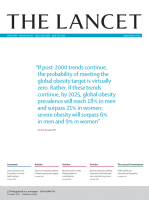 Surgeon Paolo Macchiarini did not apply for the necessary ethics approval to perform the pioneering transplants he’s known for, according to the Swedish Research Council.
Surgeon Paolo Macchiarini did not apply for the necessary ethics approval to perform the pioneering transplants he’s known for, according to the Swedish Research Council.